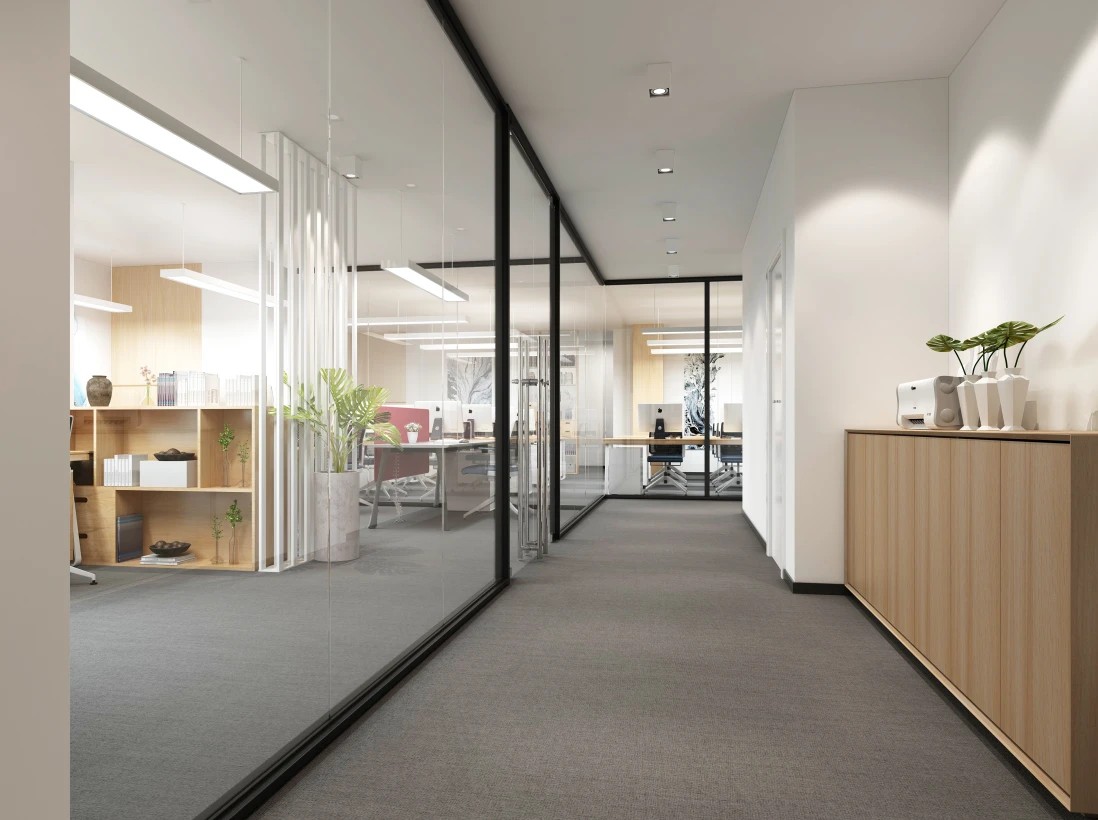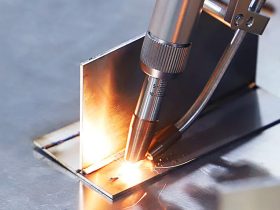Modern work environments value silence and transparency together. Offices today often rely on glass installations to bring light into workspaces while also dividing them for privacy. The challenge is to keep spaces quiet while still enjoying open and bright layouts. Understanding the factors that make glass truly soundproof helps buyers invest wisely.
Understanding the Role of Glass Thickness
Glass thickness is a fundamental factor in creating a quiet office. A thicker panel will naturally resist sound waves more effectively than a thin one. Sound travels in waves that can pass through light materials easily. Thick glass provides more mass which interrupts those waves and reduces the volume on the other side. Offices that experience constant conversations in nearby spaces benefit greatly from this added mass. A professional installer can guide buyers toward an ideal thickness for different zones in a workplace. Choosing the correct thickness creates a clear difference in comfort and concentration.
Importance of Multiple Layers
Multiple layers can significantly enhance the performance of any glass system. A single panel works well in low-noise areas but multiple panels create far better acoustic results. Multi-layer designs also help reduce echoes inside enclosed rooms. Offices where meetings occur frequently find great value in these systems because conversations remain private.
Considering the Acoustic Rating
Acoustic ratings help buyers compare products easily. A higher rating indicates better sound blocking ability. Independent testing gives these ratings so buyers can be sure they are accurate. When planning an office layout it is wise to match ratings with needs for each area. Executive offices may require higher ratings than open work areas. High rating systems keep sensitive discussions inside a room without disturbing nearby colleagues. The glass office partitions with strong acoustic performance combine an attractive look with practical benefits. They keep spaces open visually while preventing noise from spreading. The balance between openness and silence is key for a productive atmosphere.
Matching Design with Performance
An effective soundproof system must also suit the style of a workplace. Clear panels provide maximum light but tinted or frosted options can add privacy. The choice of frame color and finish should complement the surrounding décor while supporting acoustic goals. A system that looks integrated will feel more permanent and professional. Buyers should remember that performance features do not need to come at the expense of design. With the right supplier it is possible to achieve both.
Working with Professional Installers
The quality of installation directly affects soundproofing results. Even premium materials will underperform if fitted poorly. Professional installers measure precisely and secure each panel with care. They understand how to handle sealants and frames to ensure no gaps are left. They also test the installation to confirm the system meets expected acoustic standards.
Conclusion
Making a quiet, modern workstation demands more than clear walls. High-performance glass systems have thick layers, sturdy frames, superior sealants, laminated choices, and high acoustics. Style and functionality are achieved by matching technical features with intelligent design. Professional installation and durability justify the cost. Soundproof glass may make any office pleasant and productive if chosen carefully.
















